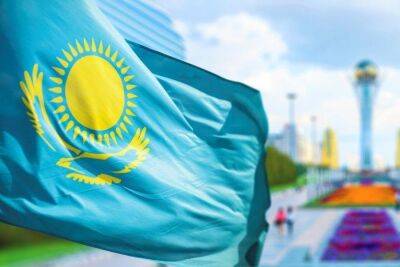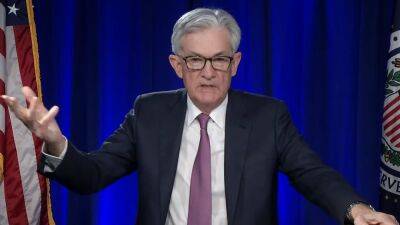Davos 2022 meeting was a missed opportunity over globalisation
The World Economic Forum’s first meeting in more than two years was markedly different from the many previous Davos conferences that I have attended since 1995. It was not just that the bright snow and clear skies of January were replaced by bare ski slopes and a gloomy May drizzle. Rather, it was that a forum traditionally committed to championing globalisation was primarily concerned with globalisation’s failures: broken supply chains, food and energy price inflation, and an intellectual property (IP) regime that left billions without Covid-19 vaccines just so that a few drug companies could earn billions in extra profits.
Among the proposed responses to these problems are to “reshore” or “friend-shore” production and to enact “industrial policies to increase country capacities to produce”. Gone are the days when everyone seemed to be working for a world without borders; suddenly, everyone recognises that at least some national borders are key to economic development and security.
For one-time advocates of unfettered globalisation, this volte-face has resulted in cognitive dissonance, because the new suite of policy proposals implies that longstanding rules of the international trading system will be bent or broken. Unable to reconcile friend-shoring with the principle of free and non-discriminatory trade, most of the business and political leaders at Davos resorted to platitudes. There was little soul-searching about how and why things have gone so wrong, or about the flawed, hyper-optimistic reasoning that prevailed during globalisation’s heyday.
Of course, the problem is not only globalisation. Our entire market economy has shown a lack of resilience. We essentially built cars without spare tyres – knocking a few
Read more on theguardian.com



![Ethereum Classic [ETC]: Two important levels that could offer profitable trades](https://finance-news.co/storage/thumbs_400/img/2022/6/9/29004_caa.jpg)
















